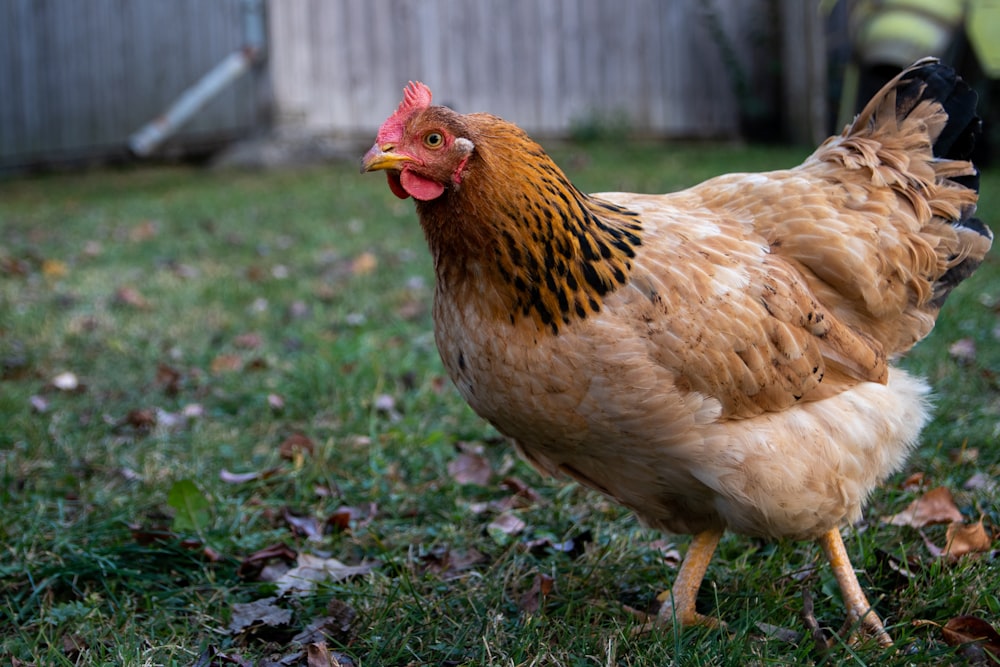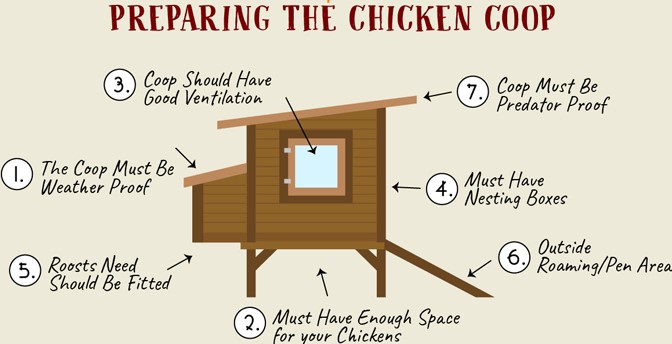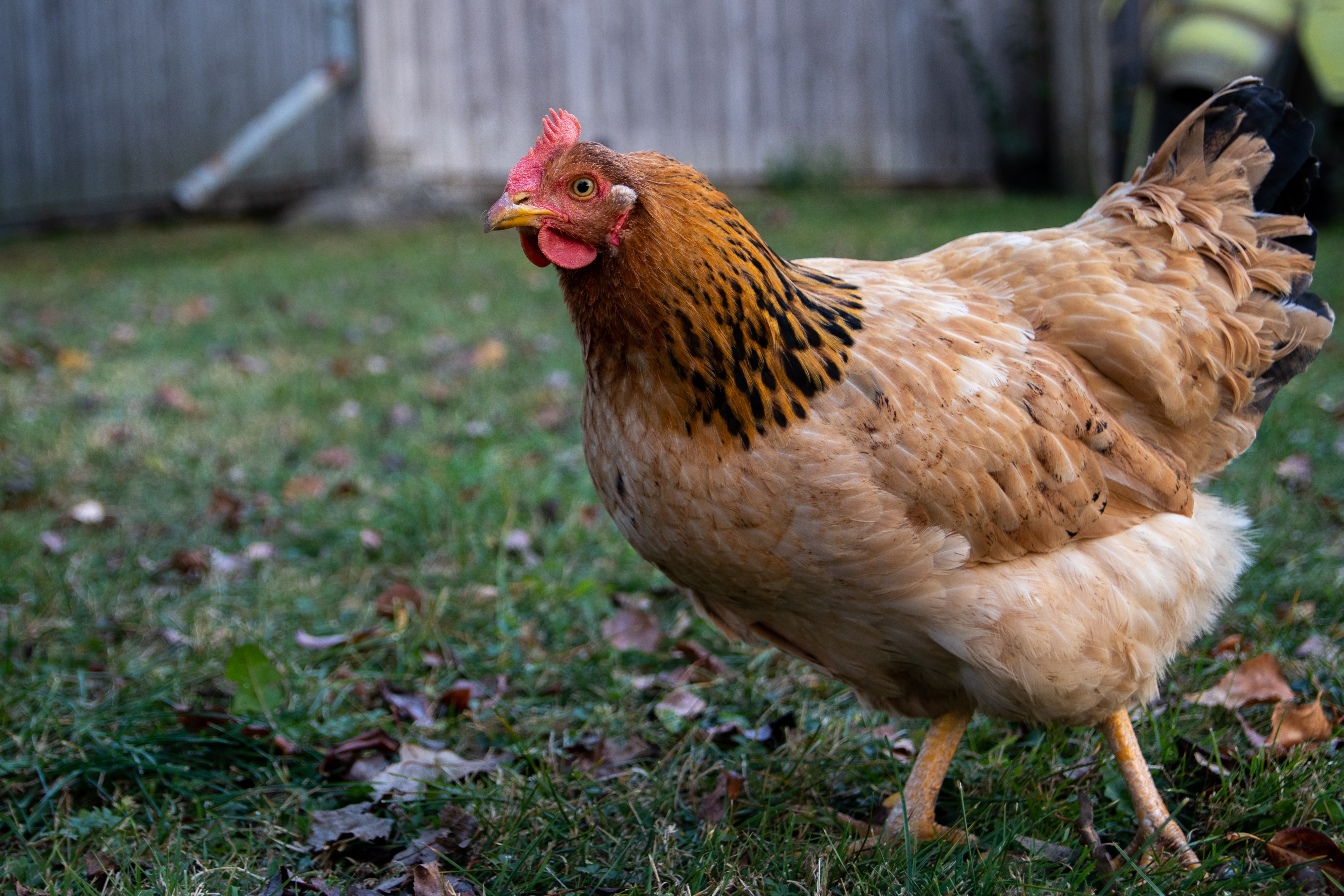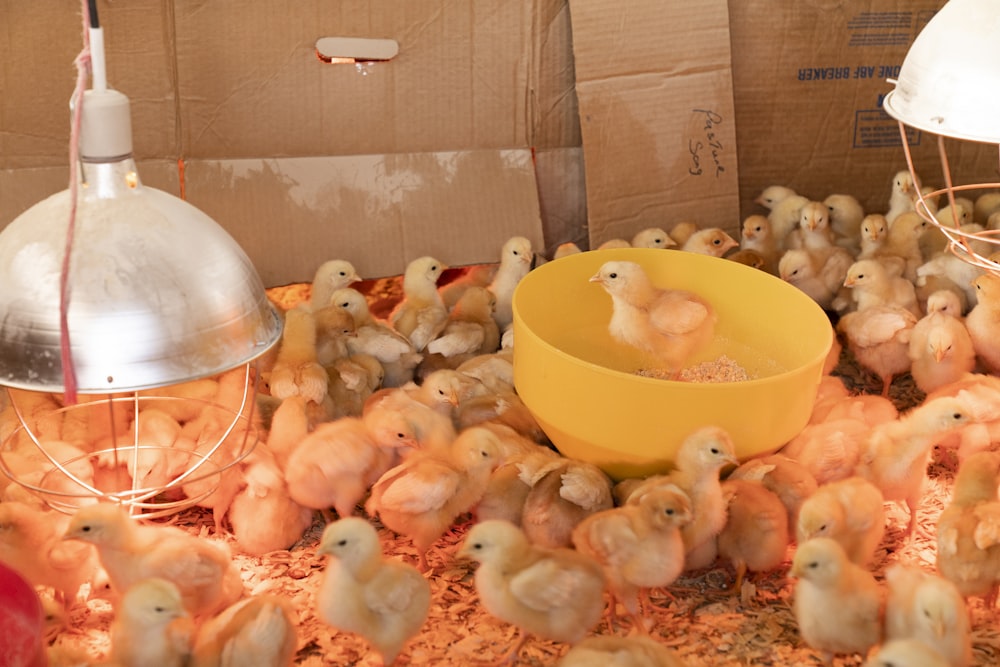 Backyard chickens have been increasingly popular as people try to have more self-sourced food. But what is really involved in raising chickens in the backyard of an urban development? Is the benefits worth any drawbacks? Where do you even get started? We know a few families who keep chickens and they have some advise and information that may be helpful if this is something you’re considering.
Backyard chickens have been increasingly popular as people try to have more self-sourced food. But what is really involved in raising chickens in the backyard of an urban development? Is the benefits worth any drawbacks? Where do you even get started? We know a few families who keep chickens and they have some advise and information that may be helpful if this is something you’re considering.
Where to Start
Step 1: Know the Law.
Locate your cities municipal regulations as well as your subdivision’s CC&R’s/Bylaws. Every city and neighborhood may have different rules and regulations around raising chickens. For example, many don’t allow roosters (which is fine because hens will lay eggs without them), you may need a permit, signed agreements with neighbors, or there may even be restrictions or ordinances regarding location or size of your coop.
Step 2: Decide on the Chicken Breed.
Believe it or not, there are actually many different chicken breeds that have been bred for different purposes. Depending on what you are using your chickens for, you may choose to get a certain breed or multiple different types of breeds. There are 4 different categories:
- Egg Laying Breeds – As you could imagine but their name, this type of hen was bred to produce large amounts of eggs in a short production lifetime. This is typically the breed that many homeowners choose when picking the type of chicken to have in their backyard.
- Meat Breeds – Once again, the name gives away the purpose of this breed. They grow very quickly, put on weight at a crazy rate and are typically slaughtered at about 9 weeks old.
- Dual Purpose Breeds – This breed is productive in the egg laying department but also get large enough quickly to be used as meat, it’s the best of both worlds.
- Heritage Breeds – This type of chicken is naturally breeding, they have a very slow growth rate and live long outdoor lives.
 Step 3: Build Your Coop.
Step 3: Build Your Coop.
When it comes to building a chicken coop, there are a few things you need to be sure you have. First, you’ll want the basic shelter requirements, which means a waterproof place for the chickens to get out of the elements. Second, be sure they have enough space, since they can begin to peck at each other if they are too cramped. Third, the coop needs to have good ventilation so it’s cool in the summer and warm in the winter. Fourth, you will need nesting boxes for your hens to lay their eggs. Fifth, include roosts, so the chickens have a comfortable place to sleep. Sixth, the chickens need a space to roam outside of their coop, whether that’s in a pen or free range. Lastly, be sure you have security, predators will not hesitate coming into your backyard.
Step 4: Prep for Chicks.
Raising chicks requires a few additional supplies compared to if you get you chickens full grown. Those supplies include a brooding box, this doesn’t have to be very expensive or complicated, it just needs to be large enough and protect the chicks from any drafts. Bedding, pine shavings will do, which is also inexpensive. Be sure they have traction and don’t slip around, or they could develop a walking issue later in life. Traction can be as easy as putting some paper towels down under your bedding. Warmth, since chicks don’t get all their feathers right away, we must help them stay warm. A heat lamp for the first 6-7 weeks should do the trick. Food, chick food can be a bit complicated but here’s how it breaks down:
- 0-8 weeks: 18-20% starter feed crumbles
- 8-14 weeks: 16-18% starter/grower
- 15-18 weeks: 16% finisher
- 18 weeks upward: 16% layer feed
The food comes medicated, with a coccidiostat which protects them from a coccidiosis, or un-medicated. If all your birds have been vaccinated, the un-medicated food is fine . Additionally, getting a feeder along with the food will help cut down on the mess. Water, be sure the water you feed your chicks isn’t too hot or too cold and that it’s changed out frequently. You can add an electrolyte/vitamin supplement to the water for the first few days. For additional details on the specifics of the supplies you will need, read more here.
Step 5: Get Your Chickens.
You can purchase chickens at most any stage in life – from an egg to an adult – the best option for backyard chickens is when they’re chicks, typically about 1 day old. This option allows you to pick the breeds you’d like, when you’d like them and it’ll be the cheapest. You can get your chicks at a local farm, hatchery or farm supply store. USPS also ships chicks, if you choose to purchase your chicks online. Determining where you get them will take some research and ultimately will be up to what’s the most convenient for you. And once you’ve decided where you will purchase your birds, you’ll want to be sure to pick the right ones. Avoid birds that are lethargic, sitting by itself & reluctant to move, or once that has any nasal and/or eye discharge. Check out the link here for some good questions to ask your breeder.
Caring For Your Chickens
Once you get past the chick stage, caring for your chickens is relatively easy. Your coop is built and it has everything they need. All that’s left for you is to provide their food and water and care for any physical needs. Water is very important because if a hen doesn’t get enough water, it can affect her egg laying. If a hen goes without water for 24 hours, she could stop laying for weeks. Hens needs about a cup of water each day, so be sure to set out enough water for all the chickens. Next, you’ll need to be sure to have enough food and the type they need. Chickens will dig up a portion of their diet and eat insects, seeds, etc. But, you’ll also need to put out chicken food specifically made for their needs. To read more about the right type of food, click here.
Over time, you will develop a routine with your hens. Mornings tend to be when you let the chickens out of their coop, check on food & water and do just a general inspection of everything. In the evenings, you’ll lock them back up in the coop and collect your eggs. There will also be other chores you’ll need to preform, like cleaning out their coop and tending to their nesting boxes. That usually happens about once a week.
The Things Nobody Tells You
You will get a list from any person who current has or has had backyard chickens of things they weren’t expecting. If you’re seriously thinking about getting chickens for your own backyard, you might want to consider that some of the following will be true for you as well.

Your chickens may not lay eggs when you expect them to. There’s a chance they’ll start laying after the age they’re supposed to, even if you get the egg laying breed. Or not as frequently as you were expecting. They could even stop laying all together, which is alarming and there’s likely a reason for that. Check out a few reasons here.
You may begin to feel and treat your birds as pets or even like your kids. They even enjoy human interaction like any pet would. And that’s all totally normal and okay, until…. and dies. Which happens frequently. One of your birds or the entire flock could get sick and die. Or, a predator may get into your backyard and cause a lot a mayhem. You could also get lucky and your bird will live through it production life, but then you’ll need to make the decision of keeping that bird and spending lots of money to feed it, giving it away, or even having it for dinner.
You may expect a hen but get a rooster, that isn’t surprising. Chicken sexing is about 90% accurate, which sounds pretty high. But there’s still a pretty good possibility that you’ll get a rooster. Which isn’t ideal for most backyard flocks since roosters and typically illegal and a nuisance.
Sometimes It Doesn’t Work Out
Don’t feel bad if after trying to raise backyard chickens you determine it’s not something for you. It takes the right kind of person with the right kind of circumstances to be successful and happy. And even if it worked for you in the past, sometimes circumstances change.
Credit: ModernFarmer, TheHappyChickenCoop, GoodHousekeeping
 Facebook
Facebook
 X
X
 Pinterest
Pinterest
 Copy Link
Copy Link



